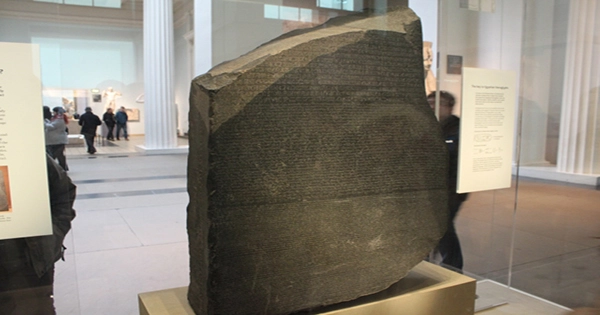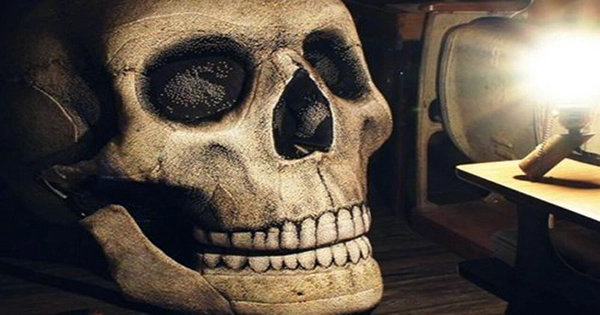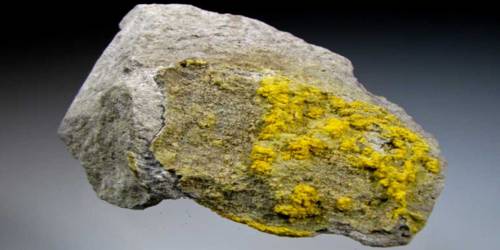On this day in history, 200 years ago, news spread around the world that French philologist Jean-Francois Champollion had cracked the Rosetta Stone, making it possible for people to read hieroglyphics from ancient Egypt.
When one of Napoleon’s lieutenants demolished a fort near Rosetta (current-day Rashid), Egypt, in 1799. Under the rubble, a huge stone with ancient writing was discovered. It was initially sent to the Institut d’Égypte in Cairo before, at the king’s request, making its way to the British Museum, as many ancient objects that aren’t British seem to do.
The inscription on the slab refers to Ptolemy V as “the god who maketh himself evident, whose acts are beautiful,” essentially invoking him as “the god who maketh himself manifest” to the Egyptian populace.
The main value of the broken and incomplete stone lay in the fact that it was written in three languages: 53 lines of Ancient Greek, 32 lines in Demotic (a script used in everyday life, translating to “language of the people”), and 14 priceless lines of Hieroglyphics. Worshiping the god who makes himself manifest is important, but it is not the main value of the stone.
Prior to it, hieroglyphs were essentially unintelligible. Champollion was able to decipher the hieroglyphs, finally accomplishing so 23 years after the stone’s discovery, utilizing these three (although imperfect) renditions of the same message, other hieroglyphic writings, and references to past attempts to decipher hieroglyphics written in Arabic.
Shortly after, on Friday, September 27, 1822, he presented his research at the Academie des Inscriptions et Belles Lettres in Paris, telling an audience that included his opponent that he had transcribed the language of Ancient Egypt, enabling us to learn a great deal more about the ancient world.
Despite demands from the Egyptian government and archaeologists, the stone has not yet been transferred from the British Museum to Egypt. Here you can read the entire Rosetta Stone translation.
















